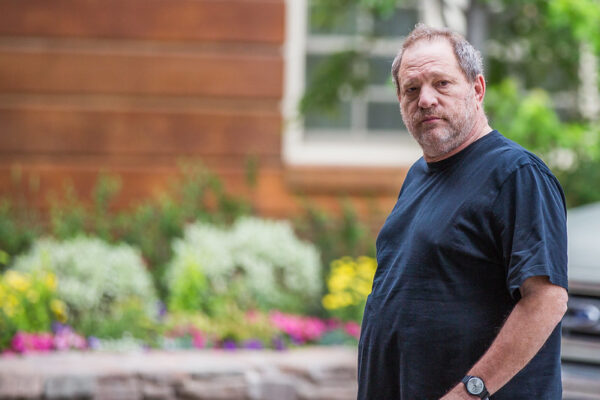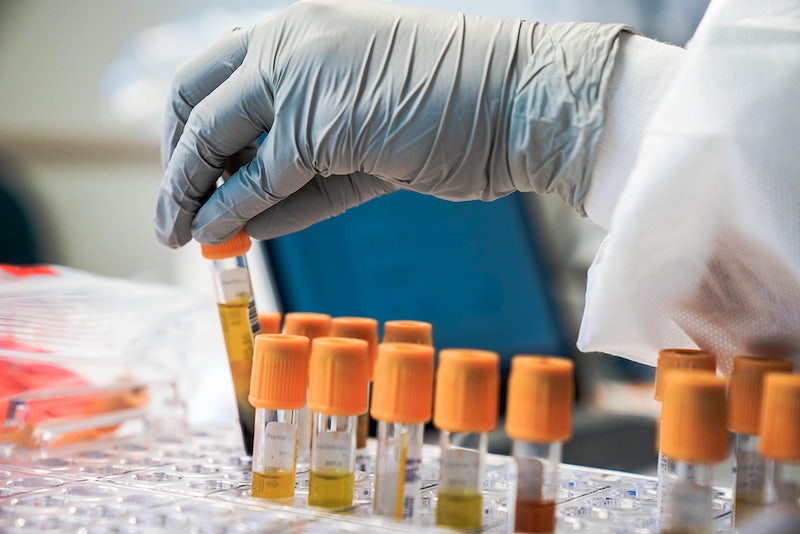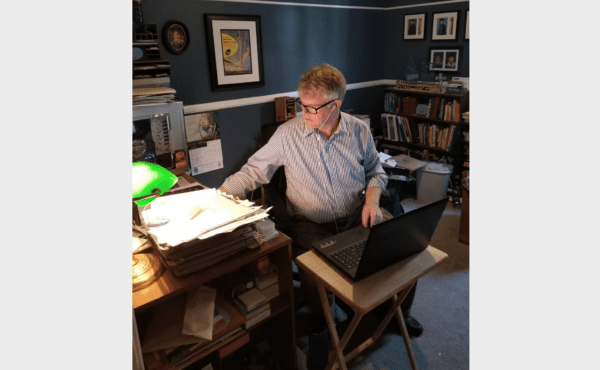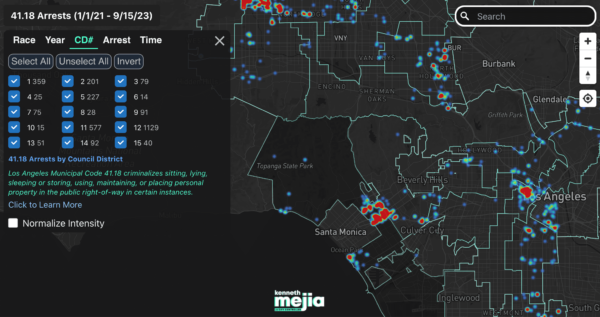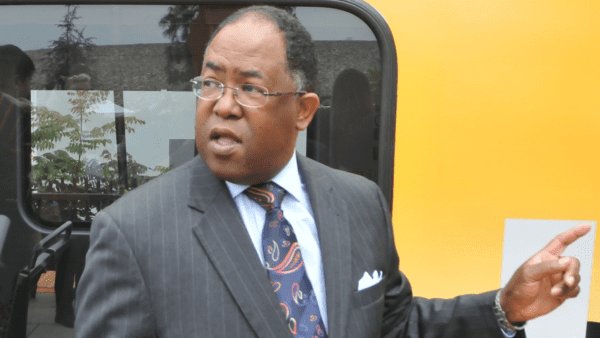Harvey Weinstein’s attorneys state in new court papers that they want to use the affidavits of three jurors in their client’s criminal case in their opposition to a pretrial motion brought by a former model/actress in her civil case, but that the juror statements and social media posts by the plaintiff should not be made public.
Weinstein’s legal teams want to submit the affidavits in opposition to a request by the plaintiff to prevent the re-litigation in her civil suit of the producer’s culpability in a 2013 sexual assault. On Sept. 18, plaintiff Jane Doe 1’s attorneys filed court papers with Santa Monica Superior Court Judge Elaine W. Mandel asking that a protective order be issued, saying the alleged assault was already established in Weinstein’s criminal proceedings.
The juror statements show that Weinstein would not have been convicted had the court allowed the producer to present evidence showing that Doe 1 was actually with her married lover, Pasquale “Pascal” Vicedomini, on the night she claims Weinstein assaulted her, according to court papers filed Tuesday by defense attorneys.
Weinstein’s lawyers also want kept from public eye a sampling of Doe 1’s Instagram posts on the day she claims she was assaulted and the days thereafter, saying that the privacy interests of the three jurors and the plaintiff in not having exhibits filed publicly that identify them by name overcomes the right of public access.
Doe 1’s suit was filed on Feb. 9 and alleges sexual battery, false imprisonment, negligence and intentional infliction of emotional distress. In their court papers, her attorneys maintain Weinstein is attempting to re-litigate his rape of Doe 1.
“The law prohibits him from doing so,” Doe 1’s lawyers argue in their court papers. “He was criminally convicted. California law holds his conviction is conclusive for liability purposes in this civil case, even if the criminal conviction is on appeal.”
Any information Weinstein’s attorneys need regarding his conviction, including Doe 1’s testimony in the criminal trial, is accessible to them, according to Doe’s attorneys’ court papers, which further state that resurrecting the facts surrounding the “horrific event” are irrelevant and will “only serve to intrusively burden plaintiff.”
But in court papers filed Thursday by Weinstein’s attorneys, who include Bill Cosby lawyer Jennifer Bonjean, Doe’s attorneys are “laboring under a serious misapprehension of the law” by bringing a “grossly premature motion … disguised as a motion for a protective order.”
With Weinstein’s criminal case conviction on appeal, Doe’s motion is “dead on arrival,” according to Weinstein’s lawyers, who further state that even if Weinstein’s guilty verdict is upheld on appeal, the claims and parties to this lawsuit are not identical to those in the criminal prosecution.
On Dec. 19, Weinstein, 71, was convicted of three of the seven criminal counts he was facing — forcible rape, forcible oral copulation and sexual penetration by a foreign object. All three of those counts related to Doe, with the crimes occurring on or about Feb. 18, 2013, in a Beverly Hills hotel room. Weinstein was sentenced to 16 years in prison on Feb. 23.
According to Doe’s suit, she attended a film festival and alleges that Weinstein came to her hotel room unexpectedly after she attended events that day.
Doe did not report the attack until 2017, when she had a talk with her daughter, during a time when Weinstein was at the forefront of the #metoo movement, according to her attorneys’ court papers.
A hearing on the plaintiff’s motion for a protective order is scheduled for Oct. 11.

